In the last month, Ava DuVernay's Netflix series When They See Us has been sparking mass reflection on the racial tensions of 1989—in the coming weeks, still more people will revisit that year, this time through the lens of Spike Lee's landmark film Do the Right Thing, as its 30th anniversary brings it back to theaters around the country. Lee's film about a summer day in the Brooklyn neighborhood of Bedford-Stuyvesant was the only commercial movie of its kind in the late '80s to confront racial politics in a bold, unforgiving way. It marked Lee as an iconic talent of his generation, ruffled feathers with critics and white audiences, and jolted the consciousness of communities around the world. But to truly understand why the film was so huge for its moment and why it still resonates today, it's important to look at how crucial it was in 1989.
Lee's sweltering, no-nonsense film dropped into a chaotic summer filled with the sobering rage of community protests. The film, dedicated to the memories of several Black New Yorkers slain either by police or in racist assaults, was so timely that, just over a month after the film's release, communities were up in arms again over the death of 16-year-old Black teen Yusef Hawkins, who was shot by a group of white teens in the then-heavily-Italian neighborhood of Bensonhurst, Brooklyn. And 25 years later, Lee intercut the footage from Radio Raheem's death with Eric Garner being silenced by another deadly chokehold in Staten Island, New York.
Do the Right Thing has influenced so many people and events over the years that commemorating its full legacy is nearly impossible. But we started by catching up with a few people who connected with the project in 1989, to hear about the film's immediate impact and why its message still resonates today.
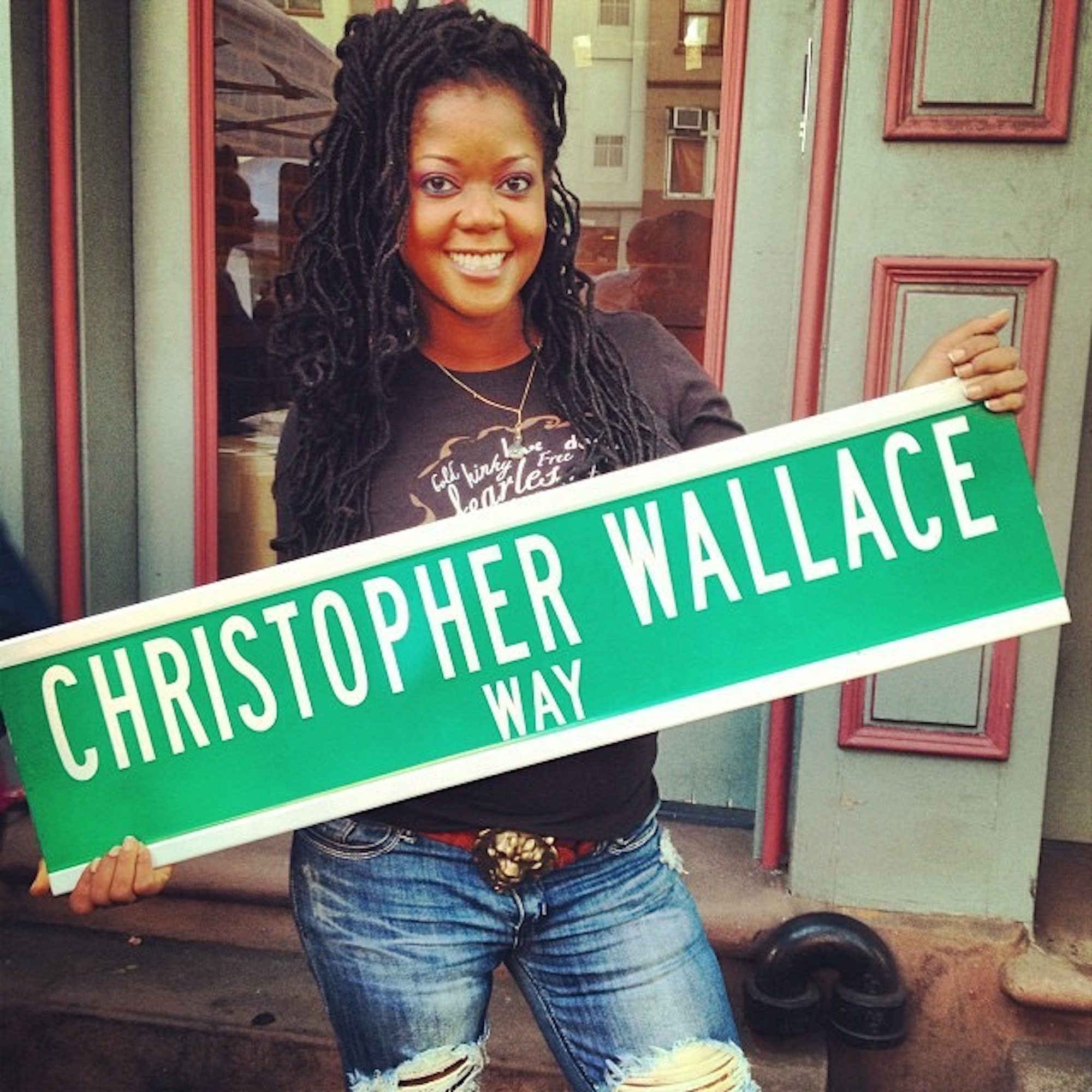
Lynnette Joy Arthur, teacher, from Crown Heights, Brooklyn
When Do the Right Thing came out, I was 13 or 14, living in Crown Heights, going into high school. It really shed a light on everything we do have available here. All these arts, how talented we are, how beautiful this borough is—being from Brooklyn, that alone was something to be proud of. But that movie in particular really highlighted the Black-Italian racial tension brewing at the time; that same summer, a Black man, Yusef Hawkins, was killed just for passing through an Italian neighborhood. When Radio Raheem died, that was heartbreaking, but it was so real. That is the one death in a Spike Lee movie that you can’t unsee because it’s all too real, especially in the climate we are in now.
Movies like Do The Right Thing did a great job of portraying Black lives being grossly undervalued and making people look at it, face it, reckon with it––not make sense of it, because you can’t make sense of it—but just sort of reckon with it, see it, witness it all together on an elevated platform.
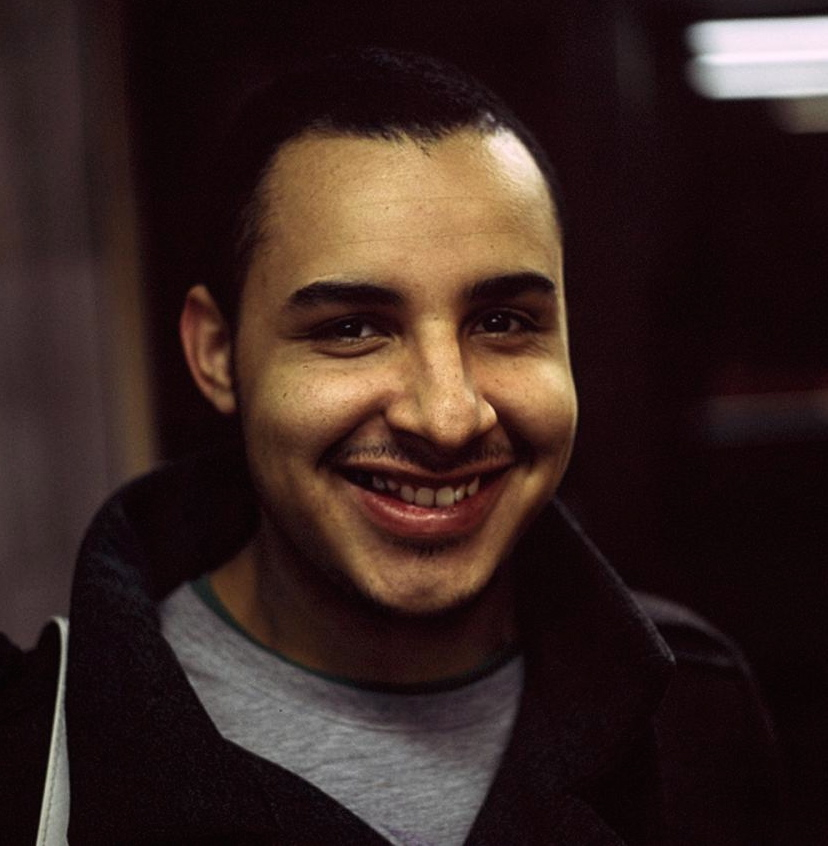
Ashley Clark, Senior Film Programmer at Brooklyn Academy of Music, from London
I first saw the movie when I was twelve, on video in London. I was totally blown away by it, and it opened my eyes to how cinema can be powerful as a political instrument beyond just entertainment—beyond cheering you up or making you sad. [The film] stands out for its political and social resonance, but also because it's a great piece of art. Lee and his cinematographer Ernest Dickerson have a particular style that's really colorful and saturated and beautiful to look at. Every time I watch it, I see something new in it, whether it's a particular composition or some other strange dissonance between the sound and the image. There are so many messages in the film tied to the politics of that moment—like scrawled on a wall somewhere is that Tawana Brawley told the truth, or at the end someone says get out and vote for David Dinkins, which actually happened the next year. Lee was using film as a social media bullhorn in a pre-social media age.
I fear that it will still be as relevant in another 30 years, because the problems that it addresses seem fairly intractable. The people that are in a position to do something about it don't necessarily want to do it, and that's why Donald Trump is president and why we're talking about When They See Us and the Central Park Five. But the film gives me hope still. It's art in the face of hopelessness.
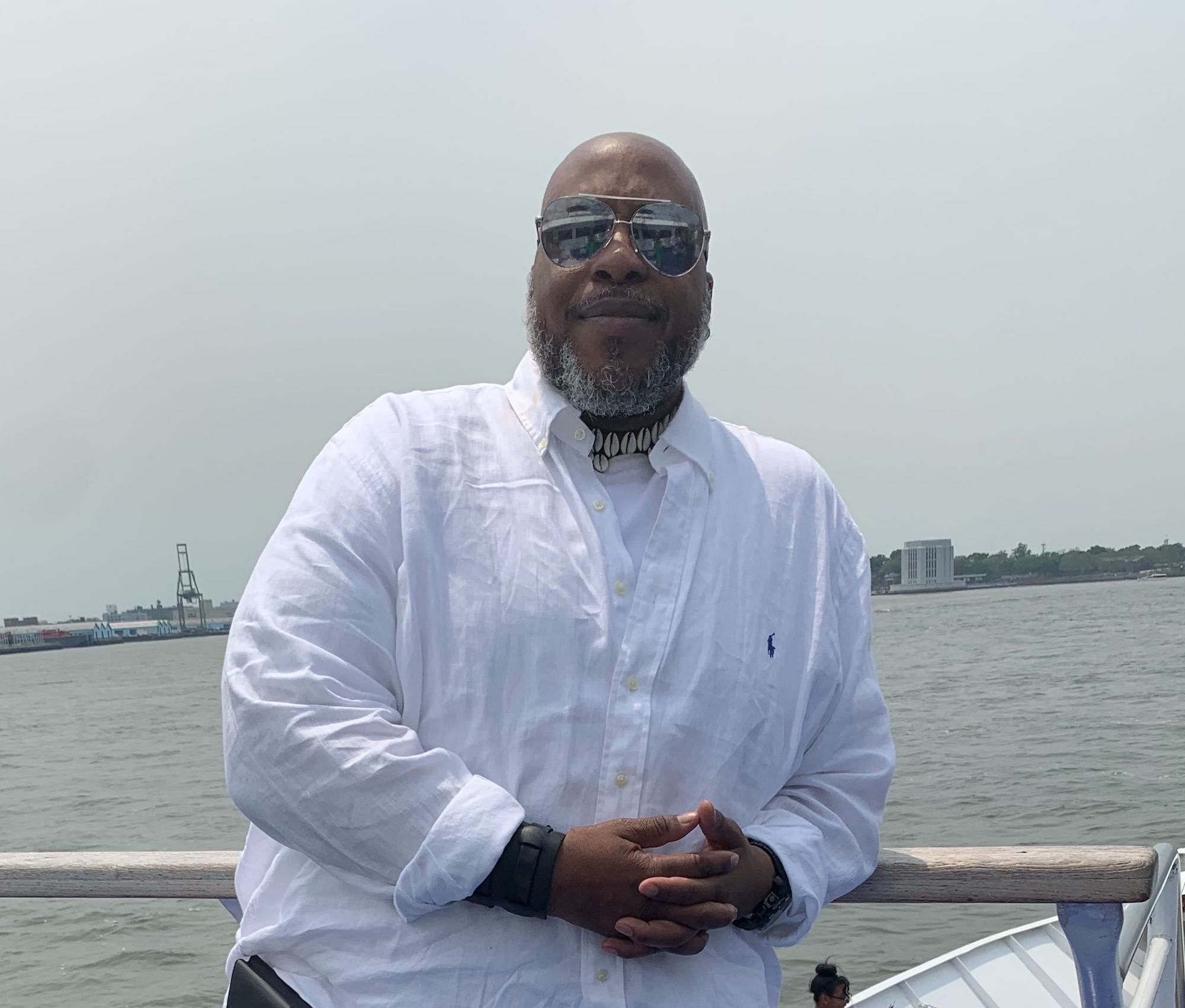
Shamar Singleton Bey, Public Health Advisor from Queens and South Williamsburg, Brooklyn
There were a lot of things that occurred after that movie because it was an awakening for people. I remember [two months after the film came out], I went with students from Hampton University and other Black colleges to Virginia Beach for an annual end-of-summer party called Greekfest. The police for some reason came out in force and started harassing people like crazy. There was one fight between two students and they knocked into a glass storefront, making the owners call the police. But the police showed up acting like everyone was rioting and looting. They started coming out with batons and riot gear, kicking people off the strip and pushing people around.
I remember this guy with a Jeep Wrangler was just driving up and down the strip playing "Fight The Power" over and over again, and he had a parade of people following his truck up and down the strip because the police were just harassing us. He was playing it all day and we were all walking behind him. We were like, "Why are y'all harassing us? We just want to blow off some steam before school starts." The weather was beautiful. The water was hot. But the cops wouldn't leave people alone and it got so ugly that the [party], which is usually three or four days, basically ended after that first day.
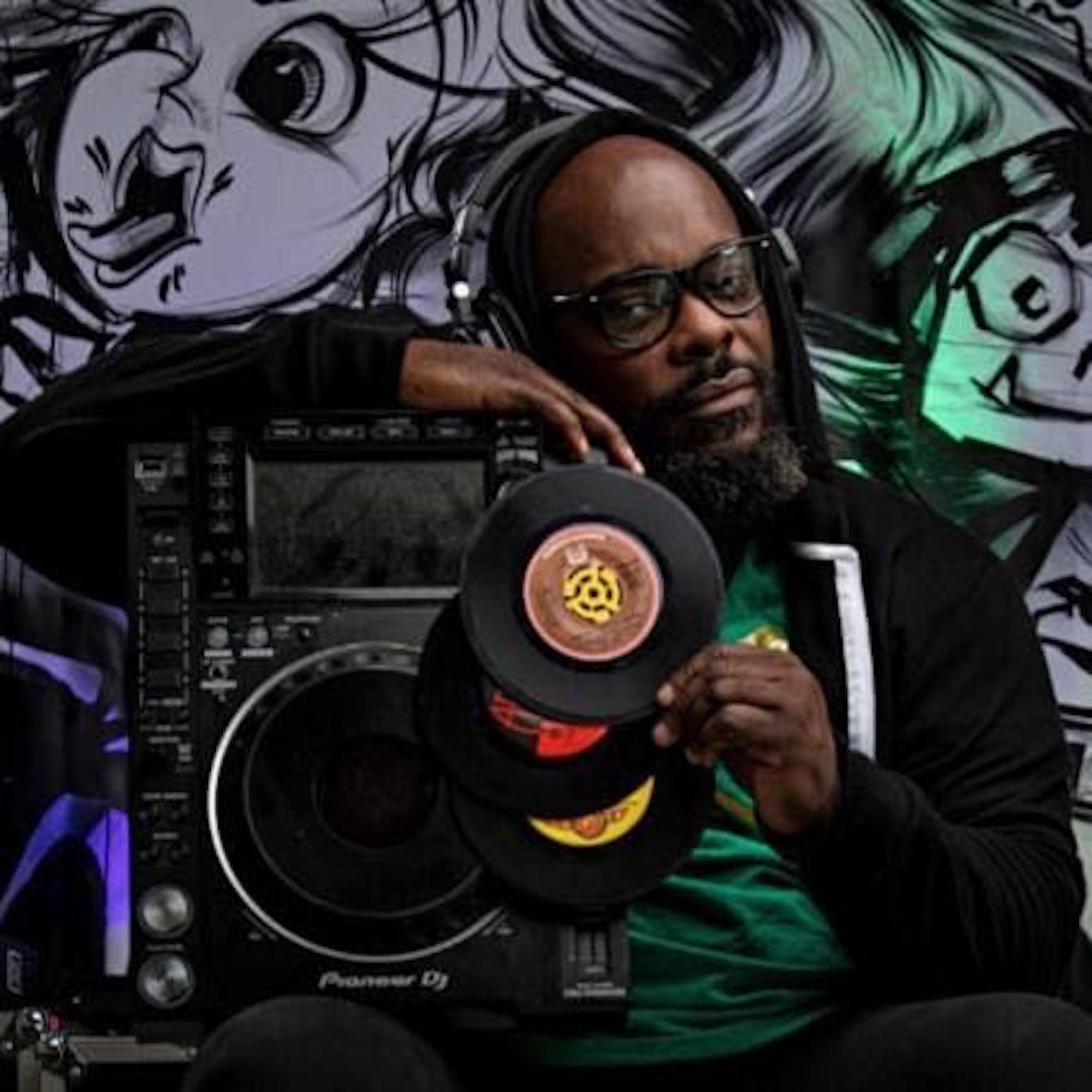
DJ TilleryJames, early hip-hop pioneer from Coney Island, New York
Some of the dopest rappers in the game are conscious rappers partly because of Do The Right Thing. It just woke everyone up. The dancing changed up. People went from wearing Adidas and sweatpants to more Afrocentric clothes. In the hip-hop world at the time, you had some fans and artists who thought the music was about a flashy lifestyle and popping bottles and buying the whole bar drinks. But there were other people making waves in '89, like Queen Latifah, 3rd Bass, Nas, Big Daddy Kane, and KRS-One, who were talking about life itself. With "Fight The Power," that soundtrack and that movie brought an explicit consciousness to hip-hop and really solidified those rappers' value to society. It just triggered people and created a lane. Everybody loved hip-hop. But to be about a Public Enemy, a Tribe Called Quest, or a Wu-Tang Clan, you had to really be about that life. You had to embrace the culture to really be about hip-hop. If you never embraced the culture, you never got the lifestyle. Do the Right Thing, it grabbed you. It took you into the culture, the real meaning that was creating the music. When you would hear one of those songs, and two strangers looked at each other nodding in unison, they were being consumed by the culture, and that’s called the groove. If you heard the soundtrack, saw the film, everything about it at those times, you got dragged into it. It had you. That was it.
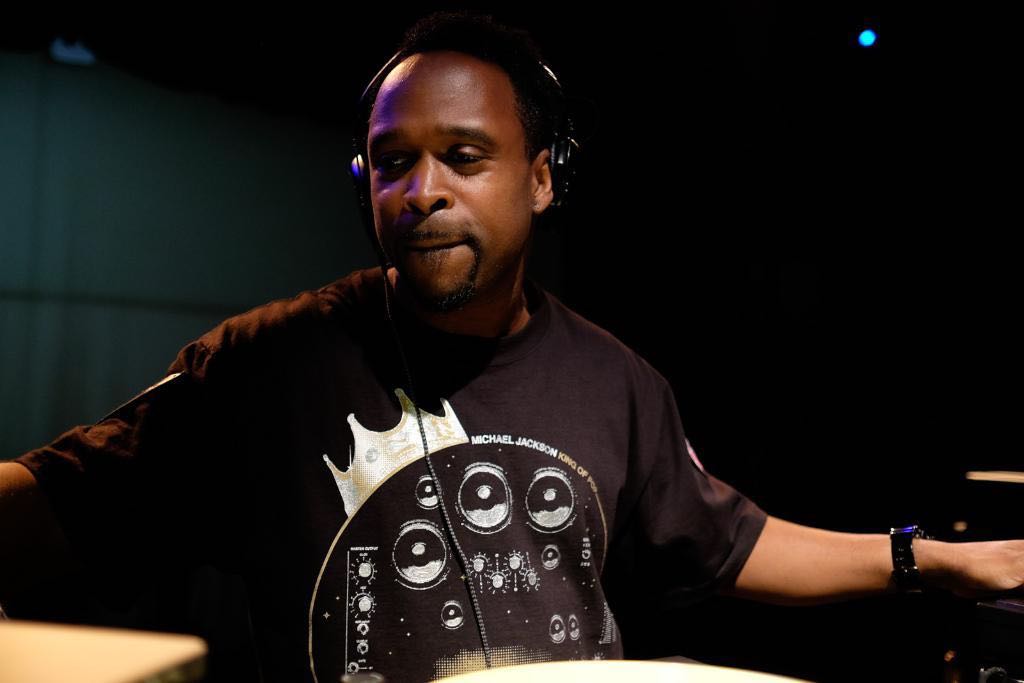
Vincent "DJ Spinna" Williams, Spike Lee's Block Party and events DJ from Crown Heights, Brooklyn
I actually went to the videotaping of the "Fight The Power" video shoot in '89. It was insane watching them perform. I had never seen them up close and personal. It felt like you were part of the movement. When I got there it seemed like a bunch of teenagers everywhere, like everybody's neighborhood piled into one area. There could've been some fights that broke out if it weren't for what the content was. Brooklyn was wild back then. [Lee] captured a lot of the landscape and what was happening in the communities in the film. We could relate to the different aspects of the characters he featured, and he had real-life political activists Ruby Dee and Ossie Davis in the film as the elders in the community watching over everyone creating order.
Do the Right Thing's 25th anniversary block party was magical. It happened on a street the film was shot on, and they unveiled a street sign renaming it "Do the Right Thing Way." It was the first time a New York City street was named after a film, and that just speaks to how much Spike champions his beloved neighborhood. Since then, we lost actor Bill Nunn, who played Radio Raheem and he's someone to commemorate—but 30 is also just another landmark year. When I talk to people about it, it's embedded in a real way. Do the Right thing was the most important of his films because it encapsulated everything we needed to see at the time. He impacted the world.
The Do the Right Thing 30th anniversary block party is happening on June 30 on Stuyvesant Avenue between Lexington and Quincy, aka Do the Right Thing Way.
Sign up for our newsletter to get the best of VICE delivered to your inbox daily.
Follow Taylor Hosking on Twitter and Instagram.
from VICE https://ift.tt/31ZFN2s
via cheap web hosting
No comments:
Post a Comment